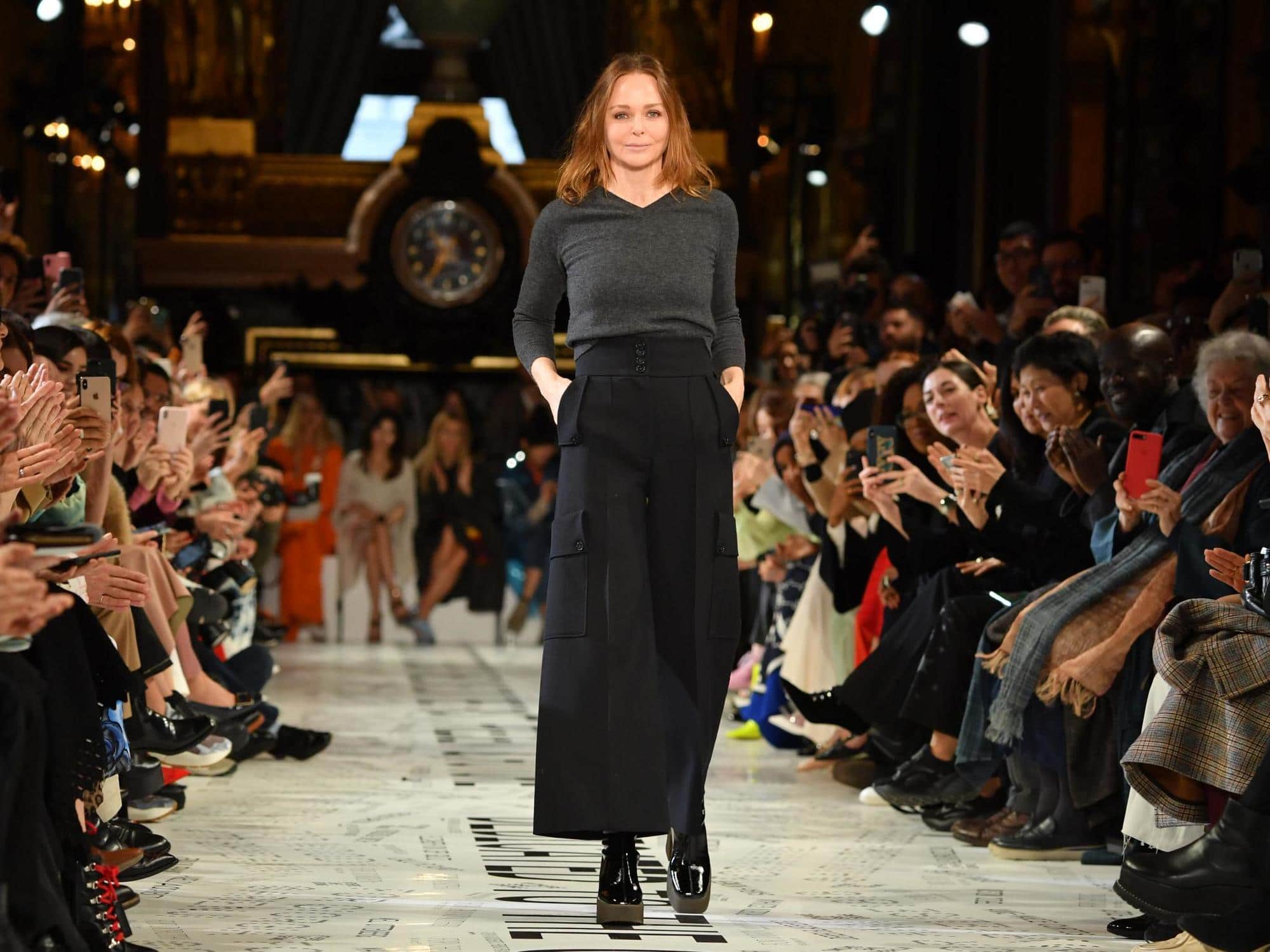[vc_row][vc_column][vc_column_text]
As every year, Ipsos has just unveiled its barometric study World Luxury Tracking dedicated to the luxury market. This year, the WLT is working on the use of luxury as a sanctuary to reconnect with the essential, through the benefits of quality, beauty and sustainability.
By Emma Kermoal
The study highlights the different international trends in the luxury market in order to promote understanding of consumer expectations and desires by brands in the sector. On the menu: influences, relationships between consumers and brands, evolution of purchasing paths, …
The WLT 2019 focuses on the seven pillars of the luxury sector: China, the United States and Europe top 5 (France, Italy, Germany, Spain and Great Britain) and will make it possible to assess and determine some major trends in the sector.
The Quality
In an uncertain world, the search for product quality and sustainability is one of the main expectations of consumers. Brands must guarantee consumers the irreproachable quality and authenticity of their products. This is reflected in a strong recognition of the know-how of luxury houses. In addition, the customer experience must be more fluid and present across all distribution channels. While in the United States, consumers mainly turn to the points of sale of luxury homes, Chinese consumers almost exclusively turn to digital platforms. Finally, in Europe, there is an attraction for the second hand.
The Beauty
The search for audacity and creativity is more than present, up 9 points in Europe, where 81% of the tributaries surveyed expect a certain creative added value.
In addition to the creative audacity sought by consumers, innovation seems to have an important place in technological performance at the service of creativity. Also, the culture of aesthetics is present in the luxury sector through social networks, particularly Instagram. Finally, the search for differentiation and prestige is also one of consumers’ expectations, through the personalization of the products and services offered.
Sustainability
In terms of commitments, young consumers feel more concerned than other generations about environmental issues. There are also disparities in consumer commitments across regions. Several themes are present such as ecology, ethics, sustainability or animal respect. Finally, the need to reconnect with nature is a significant expectation of consumers.
In particular, 84% of the tributaries surveyed consider luxury products to be products with a long-term lifespan. Also, the second-hand and second-hand market is constantly developing and conquering the luxury sector, where there is a decrease in reluctance to buy on the Internet.
[/vc_column_text][/vc_column][/vc_row]









